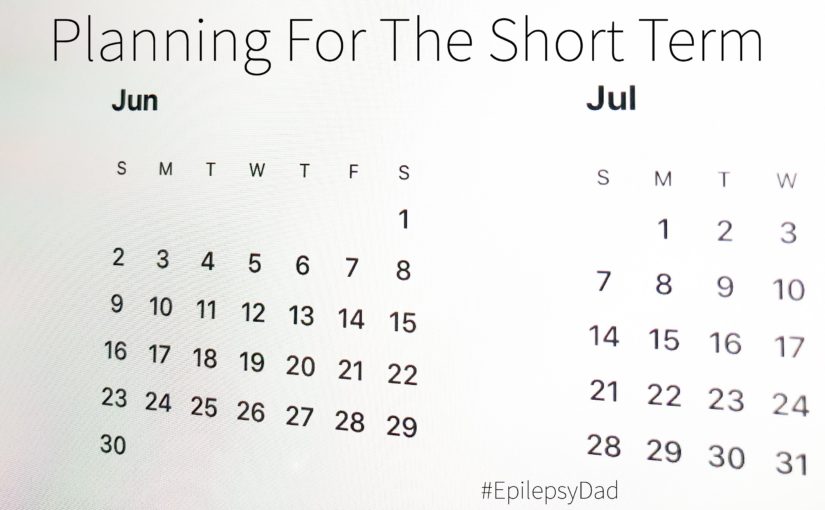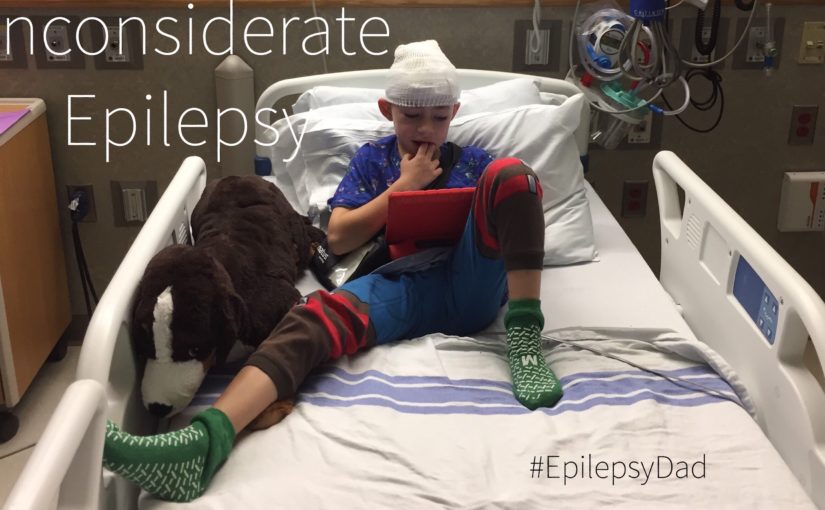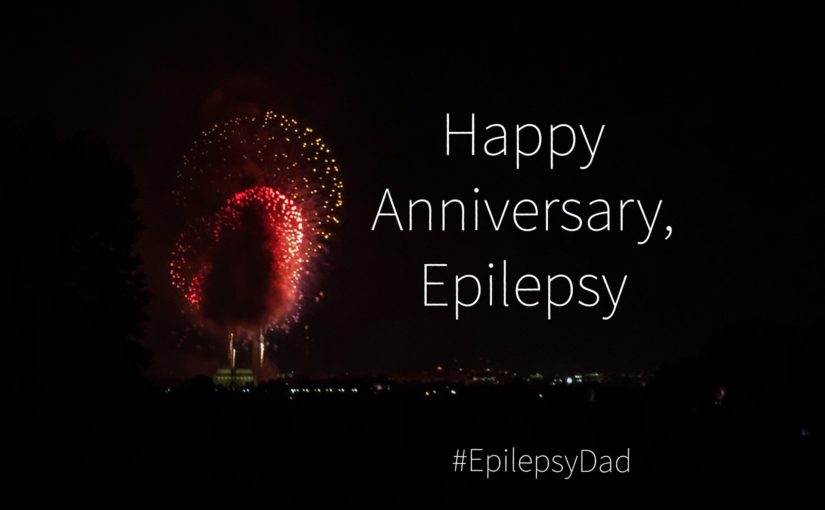“Life is what happens while you are busy making other plans” ~Allen Saunders
At the end of the school year, we finally received an Individualized Education Plan (IEP) for my son. An IEP defines individualized educational goals for children determined to have a disability and any accommodations that need to be made to help achieve those goals. Before the summer break, we sat with our lawyer across the table from the school district to talk about the specific details of my son’s goals and accommodations for the third grade.
Even though the start of the school year was only two months away, we knew that whatever we put into the plan was likely to change before the first day of third grade. We knew because it always does. We’ve tried different schedules and approaches before we had the IEP. They might work for a few weeks until we change a medication or until his fatigue builds up so much that he can’t function and we need to adjust.
The same goes for other aspects of his life. The constant variance of his seizure burden and his mental and physical stamina means that we can rarely look too far into the future. Sometimes, we plan for a week or a few weeks in advance. We might plan a vacation a few months away because we know that, wherever we are, we can make it work for a short period of time. But we’ve learned that putting things in the calendar is more of a suggestion or a placeholder than it is a commitment.
Most of our plans are short-term plans. We look ahead at the next day or the next week and try to plan our lives. My son’s health is unpredictable. His physical health. His mental state. It constantly changes. The decisions we make any given day, like skipping a nap, can have consequences that change any plans that we’ve had. Extra seizures one morning. An accumulation of exhaustion that we didn’t see building up. We’re adapting more than we’re predicting by adjusting our plan moment to moment based on where he is physically and mentally.
We rarely look beyond that because we have no idea what the future has in store for my son. We still contribute to an education savings account for my son because I don’t want to consider the possibility that he won’t need it. We’ve put off estate and custody discussions because these conversations are impossible and because planning that far out seems futile. Things change day-to-day and month to month so planning for years away seems impossible.
“Life is what happens while you are busy making other plans.” The Allen Saunders quote is often attributed to John Lennon because he popularized it in Beautiful Boy (Darling Boy).
Out on the ocean sailing away
I can hardly wait
To see you come of age
But I guess we’ll both just have to be patient
‘Cause it’s a long way to go
A hard row to hoe
Yes, it’s a long way to go
But in the meantime
Before you cross the street
Take my hand
Life is what happens to you while you’re busy making other plans
I know the future is going to come whether we want it to or not and whether we know what it has in store for us or not. Maybe I’m trying to give him the best life I can in the present. Maybe we’re just trying to focus on living our lives and taking each unpredictable day as it comes. Maybe I focus on the short-term because I’m too afraid to think about the long-term and what that the doctors think might be in store for him.
We have a long way to go, and it’s a hard row to hoe. But in the meantime, before you cross the street, take my hand.


